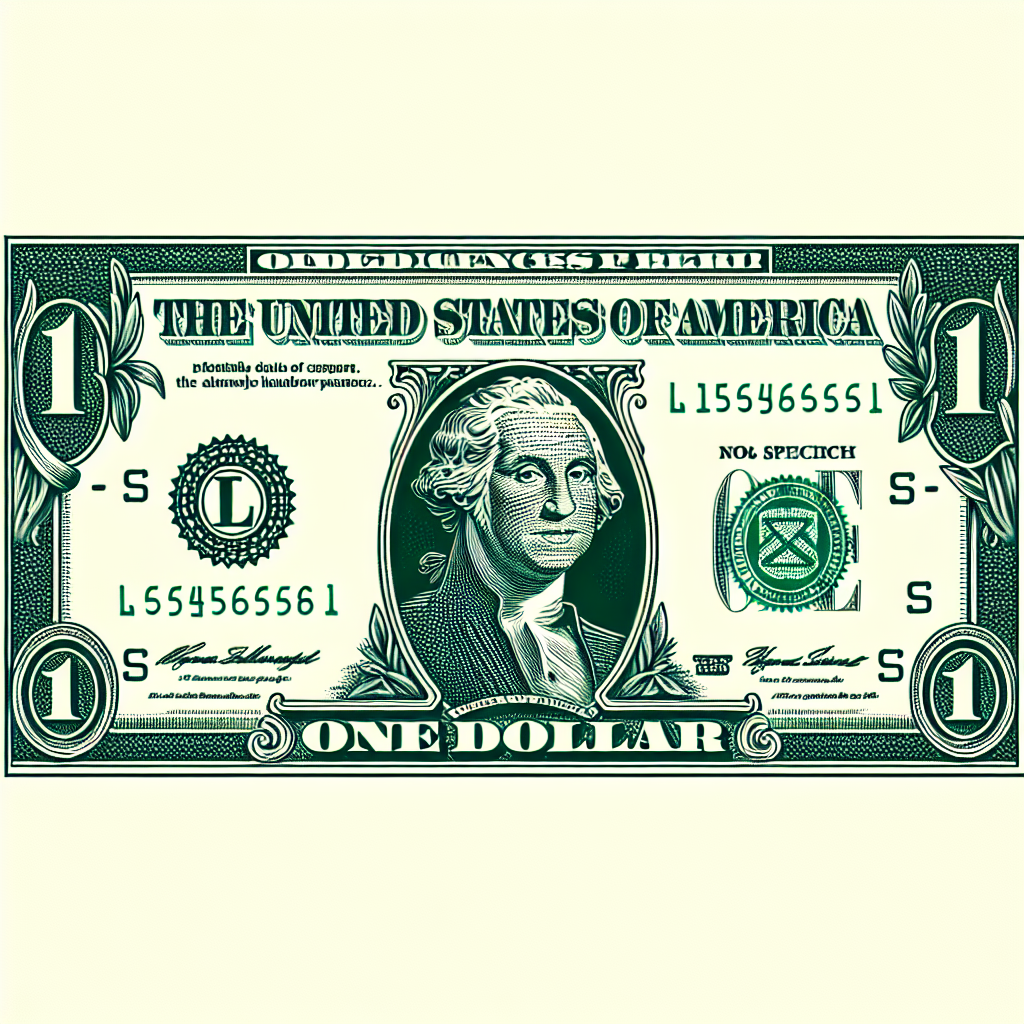Trade Tensions Trigger Dollar Drop Amid Global Currency Shifts
The dollar fell on Friday after President Trump's tariff threats against China, raising concerns over the trade war's impact on the U.S. economy. This development boosted the euro and yen while commodity-linked currencies weakened. Traders are eyeing Federal Reserve actions amidst inflation reports and upcoming interest rate decisions.

The U.S. dollar experienced a decline after President Donald Trump threatened increased tariffs on China, fueling anxieties over the trade war's potential harm to the American economy. The President also suggested canceling a meeting with Chinese President Xi Jinping, criticizing China for expanding its rare earth export controls.
This uncertainty buoyed the euro and yen, though it negatively impacted commodity-based currencies such as the Australian dollar. "This atmosphere tends to incite negativity for the U.S. economy," stated Juan Perez from Monex USA. Concerns about China's possible retaliation add further complexity to the situation.
Meanwhile, traders are closely monitoring forthcoming U.S. economic data releases and Federal Reserve policy moves. Expectations point to possible interest rate cuts at the Fed's October meeting, a situation that could influence currency market trajectories significantly.
(With inputs from agencies.)
- READ MORE ON:
- dollar
- trade war
- tariffs
- U.S. economy
- Trump
- China
- currency
- Euro
- Yen
- Federal Reserve
ALSO READ
Trump's Federal Layoff Strategy Amid Government Shutdown
Trump's Shutdown Strategy: Layoffs and Political Targeting
Wall Street Scare: Trump's Tariff Turmoil Triggers Market Mayhem
U.S. Considers Export Controls on Boeing Parts Amid China Tensions
U.S.-China Trade Tensions Roil Global Markets as Trump Hikes Tariffs










